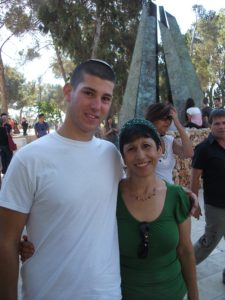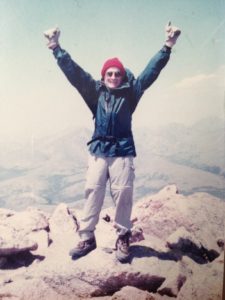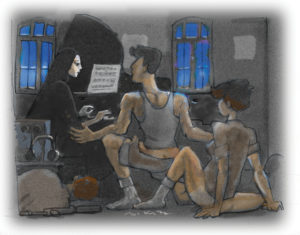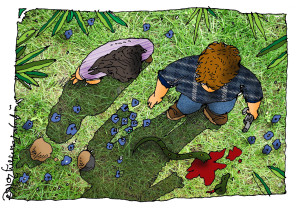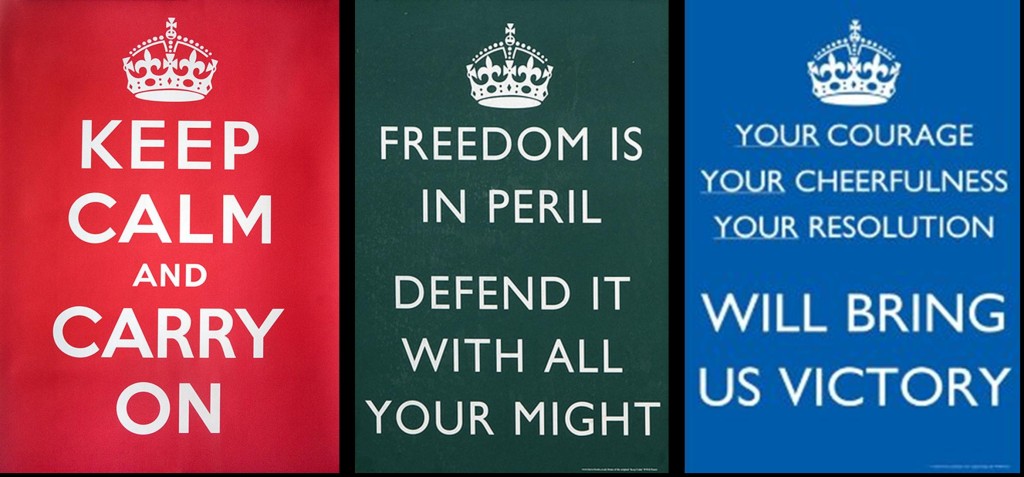Haim Watzman
After Proverbs 9
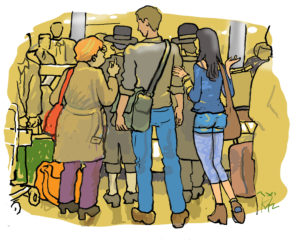
Back then I told you everything, but you’re not up to date. You’re back from two years screwing the women of three continents and several islands, and there were things I wasn’t going to write on Whatsapp, no matter how secure it claims to be. Listen to me. That old Russian lady I hugged and kissed when she came over here to the bar at the First Station to say hello? I’ve learned more from her than from you or my professors at the university or any teacher I had in high school. Like I said, I sometimes spend Shabbat at her place instead of going home
“Your friends will think you’re a faggot,” is what you think the girl at the airport said to me. So lay it on, Gadi. I’m prepared. I’m prepared. What girl? The one who came on to me at the same time as that Russian lady.
Coming attractions
Gershom Gorenberg I will be back at the Columbia Graduate School of Journalism in Spring 2018, to teach my writing workshop, The Journalist as Historian. More info on the course will be coming soon. While there – from mid-January to mid-May – I’ll also be available for speaking engagements. Contact me at [email protected] if you’d … Read more

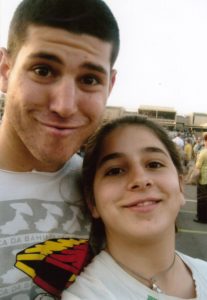 Nioti, can you believe it, six years have passed, six years and I’m already older than you.
Nioti, can you believe it, six years have passed, six years and I’m already older than you.